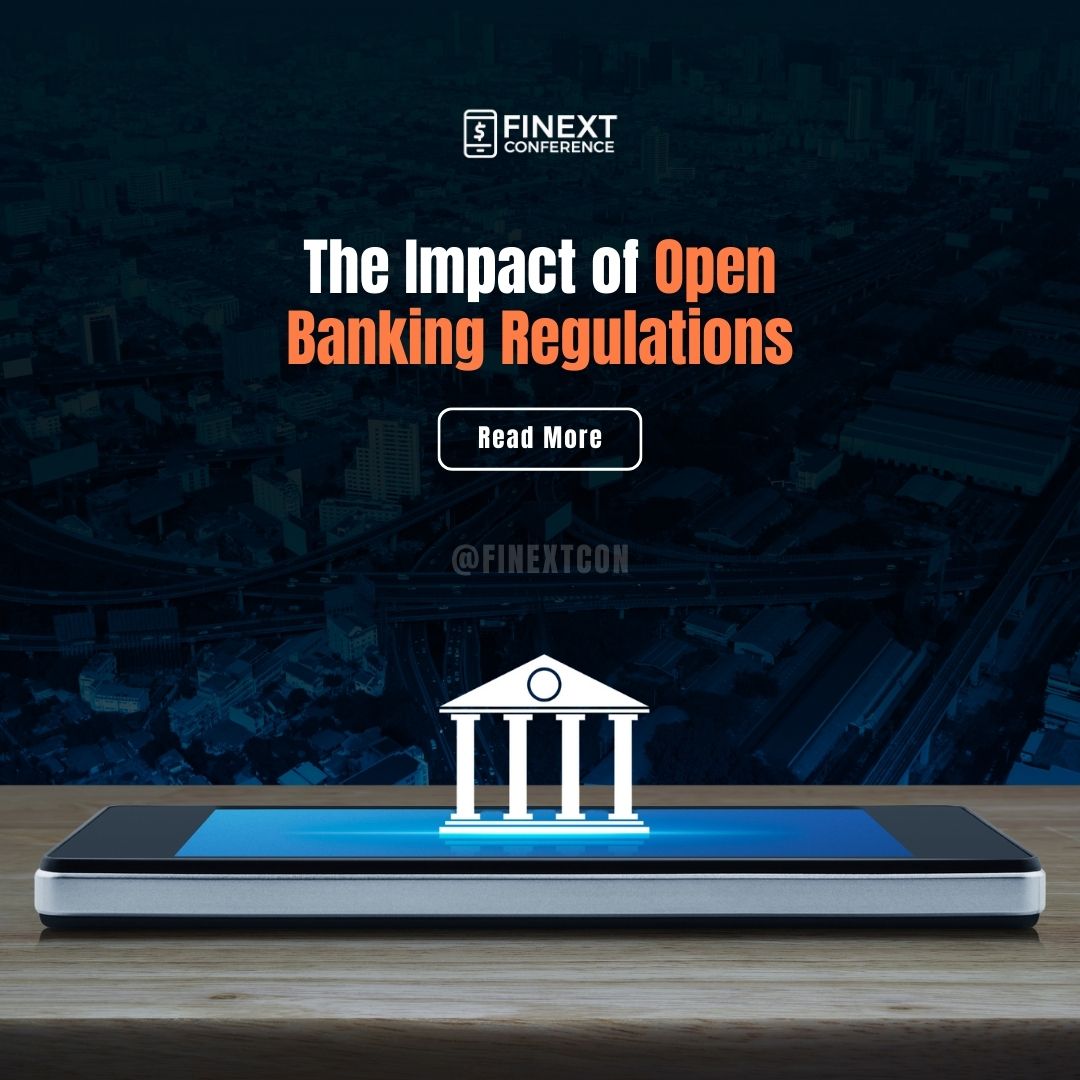The impact of open banking regulations is profound, fundamentally reshaping the financial landscape by fostering innovation, enhancing competition, and improving customer experiences. As financial institutions adapt to these changes, several key themes emerge.
Enhancing Innovation and Competition
Open banking regulations, such as the EU’s PSD2 (Payment Services Directive 2), require banks to share customer data with third-party providers through secure APIs (Application Programming Interfaces). This shift enables fintech companies to create innovative financial products and services, such as personalized budgeting tools and streamlined payment solutions. By breaking down the traditional barriers of data silos, open banking encourages a competitive environment where consumers can choose from a wider array of services tailored to their needs.
Improving Customer Experience
The ability to securely share financial data allows consumers to benefit from enhanced services that improve their overall banking experience. For instance, open banking facilitates faster payments, more accurate credit assessments, and better financial management tools. These advancements not only streamline processes but also empower consumers with greater control over their financial decisions.
Promoting Financial Inclusion
Open banking has the potential to democratize access to financial services. By leveraging shared data, banks and fintechs can develop products that cater to underserved populations, such as microloans for small businesses or tailored savings plans for low-income individuals. This inclusivity can drive economic growth and social progress by providing essential financial resources to those who previously lacked access.
Addressing Regulatory Challenges
While the benefits of open banking are significant, the regulatory landscape is complex and continuously evolving. Financial institutions must navigate various compliance requirements related to data protection, consumer rights, and anti-money laundering measures. This complexity can pose challenges for both banks and third-party providers as they strive to maintain compliance while innovating.
Security Concerns
The sharing of sensitive financial information raises critical security issues. Open banking ecosystems are vulnerable to cyber threats, including data breaches and fraud. To mitigate these risks, robust security measures such as encryption, two-factor authentication, and continuous monitoring are essential. Regulators play a crucial role in establishing frameworks that ensure data privacy and security while fostering innovation.
The Future of Open Banking
Looking ahead, the future of open banking will likely be characterized by further integration of advanced technologies such as artificial intelligence (AI) and the Internet of Things (IoT). These innovations can enhance customer experiences by providing personalized services based on real-time data analysis.
However, as the landscape evolves, maintaining a balance between innovation and security will be paramount for financial institutions aiming to thrive in this new environment. In conclusion, open banking regulations are transforming the financial sector by driving innovation, enhancing customer experiences, promoting inclusivity, and posing new regulatory challenges. As stakeholders adapt to these changes, the focus will need to remain on securing consumer trust while harnessing the full potential of open banking.
